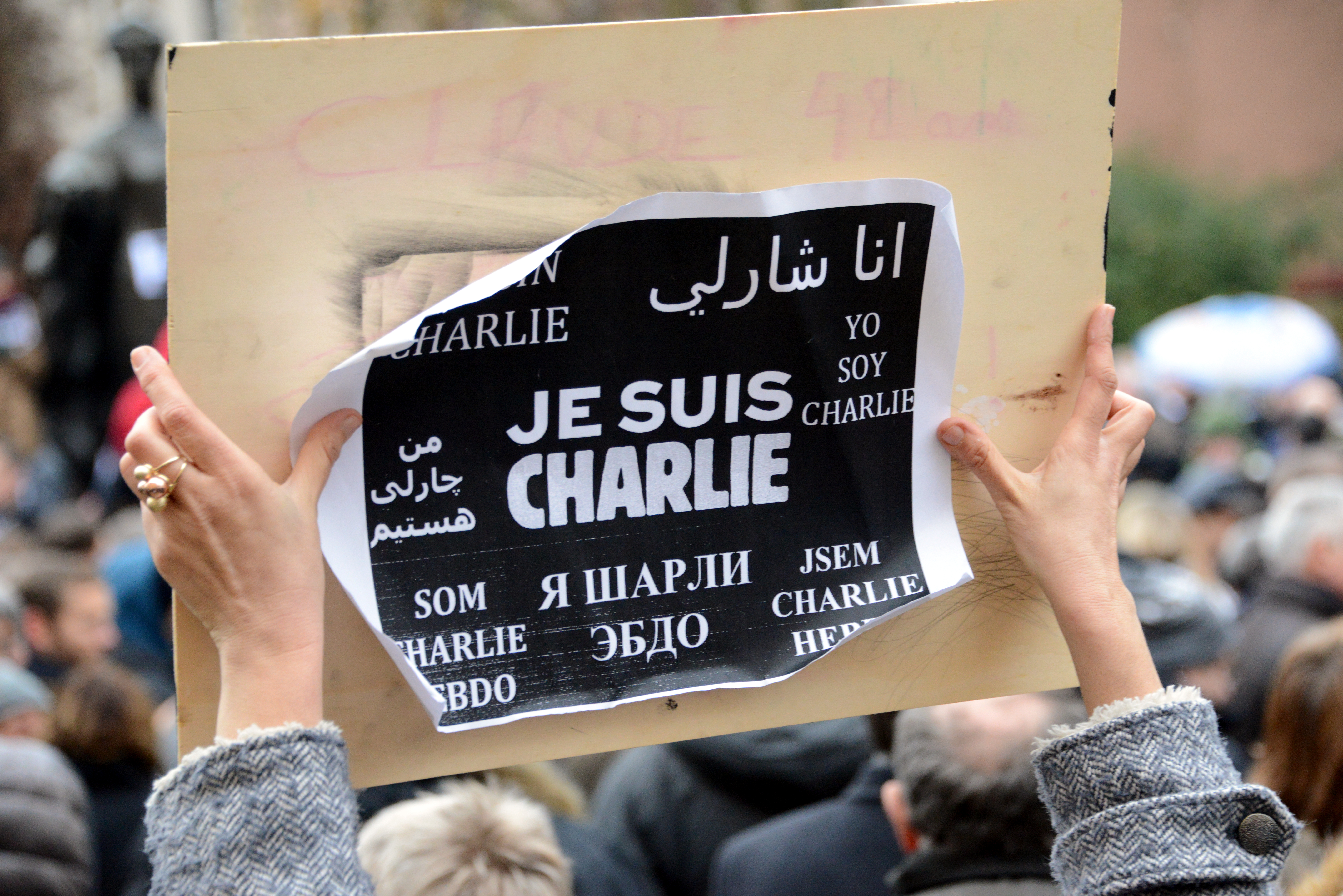By Khadija Khan
The killing of 21-year-old Nahel Merzouk by police in a Paris suburb has sparked fierce clashes in France. The young man, of North African heritage, was reportedly shot dead by a police officer during a routine traffic check in late June.
This tragedy unleashed chaos and violence. Buildings ablaze. Deafening chants for justice. The rage and anger of the protestors continue was there for all to see.
Amid this turmoil, Nahel’s grandmother has called for calm, insisting that she has “faith in the judiciary”.
Nevertheless, the incident has brought longstanding complaints of police violence and systemic racism in France into the spotlight. The demands for more accountability have soared and President Emmanuel Macron’s leadership has come under strict scrutiny for not addressing deep-seated discrimination and discontent in Paris’s poorer neighbourhoods.
The French republican model has also been criticised for the current unrest. Some critics believe that the rigid enforcement of laïcité, or secularism, may not be the most effective approach in achieving the balance between celebrating people’s differences, and promoting unity and inclusivity.
Republican France espouses a model that, theoretically, encourages people to assimilate rather than live separate lives. The separation of church and state implies that no individual or group is privileged on the basis of their beliefs; this rule applies across the board.
The values of freedom, fraternity and equality as well as laïcité are enshrined in the constitution. Although the French Republic model has potential to address the issues related to racial discrimination and integration, it also has its flaws and challenges.
However, France is not the only European country dealing with social unrest. Despite Britain’s proud espousal of multiculturalism, the country still faces challenges related to race and integration.
While it is tempting to compare social and political models across different countries, it is important to acknowledge the trials and drawbacks of each system. In the British context, some have argued that the emphasis on religious freedoms has given certain ethnic or religious groups too much leeway to live according to their own cultural and religious norms, potentially contributing to further division in society.
This can lead to the ghettoization of minorities and identity politics similar to French society. The toxic identity politics has widened the division in society to the point where the notion of having a national identity, or shared values, is viewed rather cynically.
There are grave consequences to this, namely the increasing social seclusion among people from ethnic groups in British society. No wonder young people from such backgrounds grow up distrusting the system.
Therefore, prioritising differences has created a highly polarised society where individuals are encouraged to cling to individual identities, rather than having a mutual and collective sense of citizenship.
This makes it clear that the British model of multiculturalism has its own flaws and does need further improvement to ensure social cohesion.
It is strange to see some critics have reacted to the French crisis in a rather defensive way, suggesting that the British model of multiculturalism is more effective than the French Republican model. This, in my view, is far too optimistic.
We are in a situation where certain religious and cultural beliefs, which are incompatible with human rights and secular values, are championed under the guise of multiculturalism.
One could argue that it all started in 1989, when Ayatollah Khomeini issued a fatwa condemning the novelist Salman Rushdie to death for his supposedly blasphemous book, The Satanic Verses. The fatwa triggered a worldwide rage. Britain witnessed many riots and a period of unrest, as well as demands from hardline Muslims that their beliefs should not be offended.

More than 30 years on and little has changed. A British teacher in Yorkshire is still living in hiding for showing a carton of the Prophet Muhammad. An autistic pupil received death threats from his classmates for “disrespecting” the Quran; his mother was made to beg for her son’s life at the local mosque.
Speakers’ Corner, in London’s Hyde Park, was hitherto known as a place where ideas can be shared, mocked, rejected, and debunked. However, it has recently become notorious for Muslim fundamentalists to promulgate their intolerant views. People who hold opposing views risk verbal and physical attacks. A Christian woman wearing a Charlie Hebdo t-shirt was stabbed for criticising Islam.
And last year, groups of Muslim fundamentalists who stormed cinema houses were successful in their demands to take down a movie that they deemed to be “offensive”.
Such a culture of vigilantism has been normalised over the years. Dissent has been silenced to protect the sensibilities of religious zealots. Authorities continue to turn a blind eye to this ever-growing intolerance, ironically in the name of social cohesion – when it does anything BUT.
Given these facts, how can we believe that Britain is in any position to point fingers at France? It is imperative that we get comfortable with criticism of beliefs that are at odds with the values of tolerance.
Identifying and addressing problematic attitudes within ethnic groups is not bigotry. Upholding equality before the law is a fundamental aspect of liberal secular societies that must never be undermined – and essential for social cohesion.
The situation in France is truly unfortunate. We should use this as an opportunity for reflection, and see what we can do to prevent similar crises in our own communities.
It is important to encourage people from different backgrounds to come together and celebrate their differences, while also promoting values that unite us as a nation. By fostering a sense of togetherness, respect for diversity of opinions, and tolerance for opposing views, we can create a more humane society where everyone feels valued and included.

Khadija Khan is a journalist and commentator based in London. You can follow her on Twitter.

